Crop Performance Testing
View archived reports including data from 2003 - 2017 (when available) in the SDSU Extension Publications Archive.
All Crop Performance Testing Content
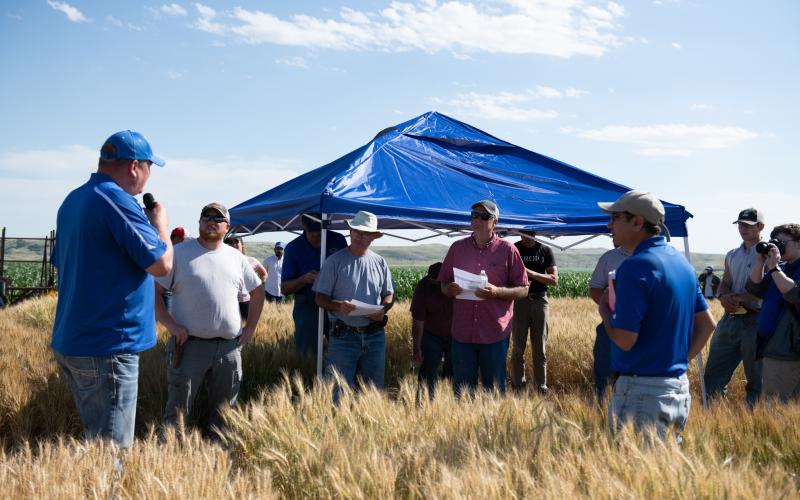
South Dakota State University’s Dakota Lakes Research Farm hosts Field Day on June 29
June 16, 2023
South Dakota State University’s Dakota Lakes Research Farm (DLRF) will host its annual field day on June 29, 2023. The field day will begin at 3:00 PM (CST) and run until dark.
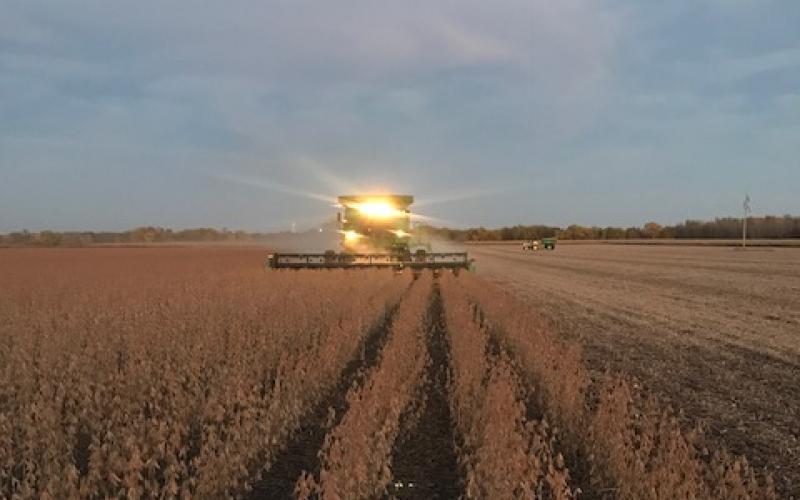
Field Studies: Blowing the Whistle on Marketing Claims
With technology surrounding today’s culture, data and marketing information has become a key part of life. The best way to determine if a product or practice is effective is to ask for the data and research backing a company’s claims. However, before a producer makes a decision, understanding the data and statistics is key.
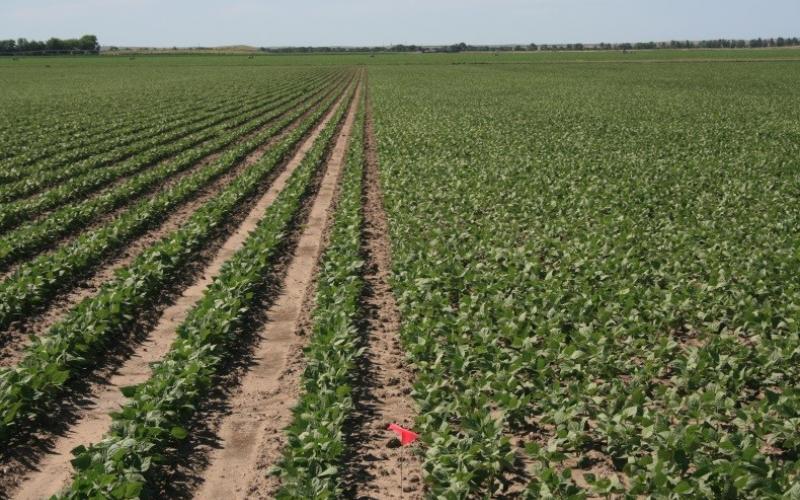
Field Studies: Replicated Comparisons vs. Side-by-Side Comparisons
How should a basic study be set up or laid out in the field? One very common approach is to divide a field in half and compare the halves or possibly compare two fields in close proximity and see which variety or practice yields highest. This approach can end with very misleading results because of the variability that exists across a field or fields due to many factors.
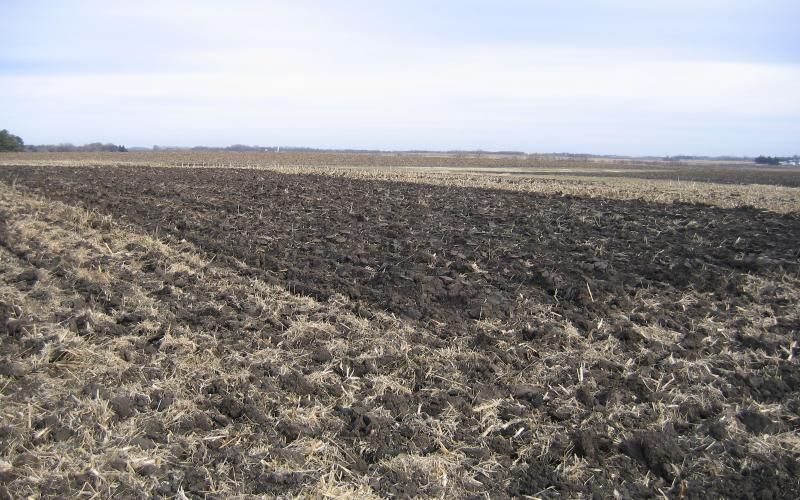
Field Studies: What do You Mean 5 Bushels Per Acre is Not Significant?
Utilizing sound research results to help make decisions on the farm is a wise business practice. It can be confusing, however, when you see two numbers that are clearly not the same labeled as “not significantly different.”
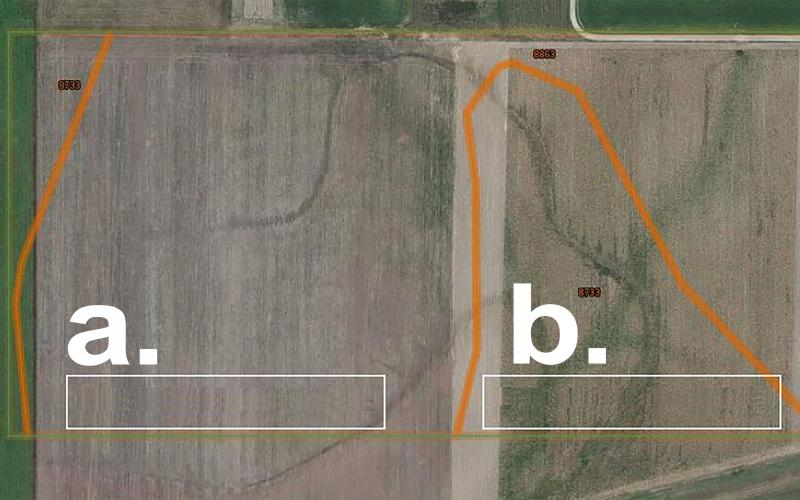
Field Studies: Setting up a Trial
Increasingly, farmers are generating on-farm research data that encompasses a wide-range of practical topics. However, setting up those experiments so that the data is statistically valid is not necessarily common knowledge.